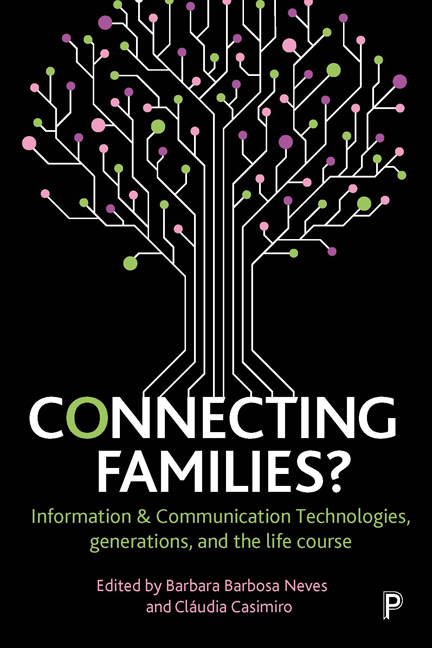Book contents
five - Oversharing in the time of selfies: an aesthetics of disappearance?
Published online by Cambridge University Press: 22 April 2022
Summary
Introduction
I have recently been rebuked by my 19-year-old son for uploading selfies, as profile pics, on my Facebook page. In his view, it is not appropriate to my age or academic standing. It is an act that apparently befits attention seeking (oversharing) teenage girls, I was informed. My initial irritation apart, his reaction triggered the exploration of oversharing on social media from a life course perspective. How does oversharing differ for teenagers, young adults, mature adults and the elderly? What became clear from the research is that oversharing on social media cannot be treated as a uniform phenomenon; it is multifaceted and contextual, but may have a predominant age and perhaps even a prevalent gender.
The incident also made me aware of the linked nature of our lives and how information and communication technologies (ICTs) connect biographies across generations. Furthermore, the differences between my generation and that of my son became painfully apparent. In this case, they not only showed the different life trajectories we are pursuing currently (the different ‘places’ we are in our lives at this time), but also the differences between our generations. He, probably a late Millennial or early Generation Y, stands at the cusp of his manhood, barely finished with adolescence and trying to create an online persona that simultaneously shows the necessary contempt for the platform and just enough interest to upload sophisticated and cool self-depictions. On the other hand, I fall toward the end of the Baby Boomers and just within the Generation X bracket, and am simply happy if a semiflattering photograph exists, whether a selfie or not. Clearly, my son interprets my selfies as an act of oversharing, while I think nothing incriminating was shared.
The question of oversharing requires a phenomenological hermeneutic reflection in my view. What prompts oversharing? What does it reveal about our life stages and the state of being human in an age of over-acceleration dominated by ICTs, of which social media is perhaps the most palpable platform? How do oversharing impact and speed up our embodied phenomenology? And how does it impact social interactions and relations? And familial relations.
- Type
- Chapter
- Information
- Connecting Families?Information and Communication Technologies, Generations, and the Life Course, pp. 81 - 96Publisher: Bristol University PressPrint publication year: 2018
- 1
- Cited by



